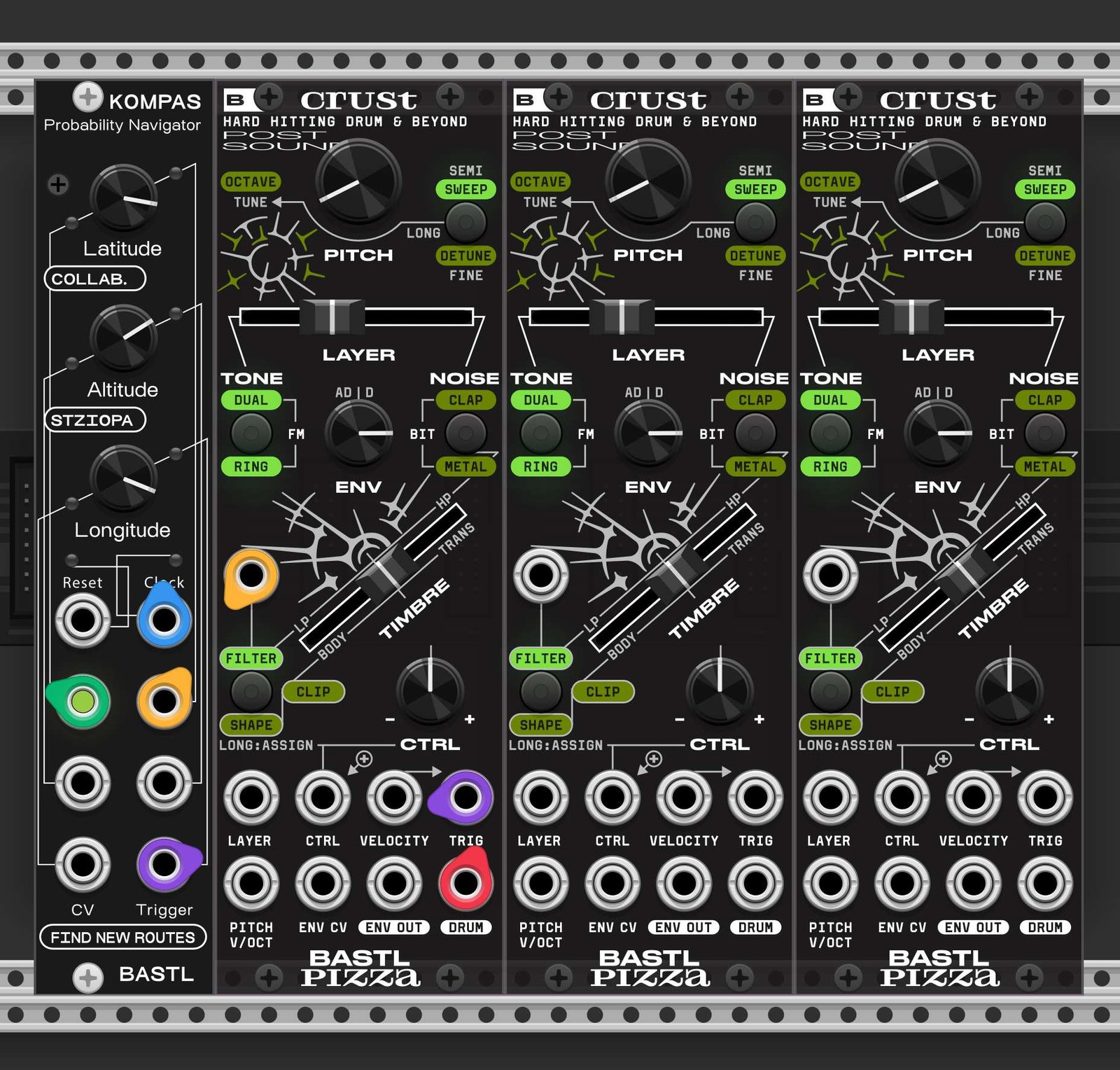When the specter of COVID-19 ripped up tour schedules in March, country music’s artist managers took a deep breath, wrote off a few concerts and prepared to relaunch their clients’ calendars at the end of spring or the beginning of summer.
Five months later, the novel coronavirus rages stronger with no sign that the touring business, the key revenue stream for most artists and managers, will return to any sense of normalcy before next spring at the earliest. As a result, managers find themselves in an unenviable predicament, asked to keep their sometimes fragile artists moving forward while simultaneously trying to keep their own businesses afloat.
Incomes have dropped by as much as 95%, according to Fusion Management/Red Light manager Daniel Miller (Martina McBride, Cassadee Pope) and LP Creative Management owner LeAnn Phelan (singer-songwriter Jake Rose, pop artist Natalie Madigan).
“October through March for most of us usually means zero dollars, so we’re planning on that,” says Hill Entertainment Group CEO Greg Hill (Rodney Atkins, Naomi Judd). “What we didn’t plan on was right when the touring and earning [started] back up for it all to go away. Managers and business managers, you know, most of us are really looking at last October since we earned money.”
Thus, the genre’s managers have made this a year for learning new skills, reevaluating business expenses and rejiggering career plans for artists to make sure they are prepped for the day when the industry is up and running again, even though no one knows quite sure when that will be.
“We’re referring to 2020 as a year of investment in learning and recalibrating,” says Miller. “We haven’t paused or skipped a beat as we set up 2021.”
A big part of that is keeping the fan base energized, even if the artist can’t see it face-to-face on the road. Pope whipped together a previously unplanned acoustic album of songs she had held on to for years but never recorded. McBride assembled a performance of the winning song from her episode of NBC’s Songland, which was taped before self-isolating began. And Fusion clients Laine Hardy and Riley Green have new music on the drawing board before year’s end.
“Fans are still really engaged with music and content,” says Miller. “We know we can keep creating music and we can keep supporting it visually in lots of ways. We’re focusing on what we can control and setting up plans A, B and C.”
Managers approached for this story each said they had thus far been able to weather the storm without firing or furloughing any full-time employees, and Maverick Management president Clarence Spalding (Jason Aldean, Darius Rucker) indicated his artists have been diligent about keeping staff as well. Reba McEntire, he noted, even paid freelance road crew members for 14 concert dates that were scrapped.
“She got the sweetest emails and phone calls from those people because they just didn’t expect it,” he says.
Because the coronavirus has routinely dashed expectations, managers mostly have given up on navigating road dates for their acts. The lack of a national plan to combat the outbreak has left individual states to establish a confusing patchwork of rules. While some states are still allowing concerts under certain conditions — Billy Bob’s Texas, for example, is reopening at roughly 20% capacity — local regulations are tentative, at best. Thus, a weekend of concert dates that was routed to make money could end up costing the artist if one or more dates fall through.
“To find out that one of the cities, one of the counties or one of the states shuts everything down, then you’re going, ‘OK, well, I can’t do Evansville [Ind]. I might be able to do Louisville [Ky.], and I think I can do Dayton [Ohio].’ And three days later, something changes and that goes away,” says Spalding. “So I’ve just taken more of the stance to look to 2021 midyear. And that way I’m treating the band, the crew, the artists — and more importantly, all the fans — [right]. I don’t feel like I’m jacking them around.”
As a result, managers and their teams are learning new skill sets and routines. Everyone has adapted to communicating remotely, while their clients have learned to write and record songs via phone and computer connections. Spalding is reexamining his office needs now that it’s clear the staff is able to do much of its work from home. And Hill’s team has found ways to cut expenses for the occasional socially distanced shows that arise. Some of those changes might remain in force even after it’s safe to tour full time again.
“Everything right now is on how to maximize profits,” says Hill. “It was really nice to have five buses. How can we do it in two buses? And [production is] where there’s a bit of a reset because what we’re seeing in some of these shows is people want the music more than they want the bells and whistles.”
Phelan, who was managing two clients at the start of the COVID-19 era, is now up to three after investing in new areas to enhance her value. She learned to build her own website and designed LP Creative Therapy, a career development course for artists and songwriters. The first series of group courses was free, but she has since begun charging for the service, bringing in such guests as songwriter Bobby Braddock, Carly Pearce and Sony/ATV Nashville CEO Rusty Gaston to speak to 20 clients online. Phelan also does one-on-one sessions. That side business has helped her endure this period financially, as did some money from the Paycheck Protection Program, and made it easier to invest time in her management clients that may not pay off for a year or more.
“The main bulk of my time is on my clients,” she says, “but I’m also able to help these other people creatively through this workshop where it’s worth their money and it’s worth my time. And I do feel accountable to them.”
The goal for every manager is to control what they can for their artists in an unpredictable environment — and to control emotions in the process.
“In the end, we’re still dealing with human beings and lives, and we want to come out of this and be positioned for success,” says Hill. “It’s easy to panic and go into your shell, but going into your shell is not going to solve anything long term. A serenity prayer is in full effect for everybody right now.”
This article first appeared in the weekly Billboard Country Update newsletter. Click here to subscribe for free.





